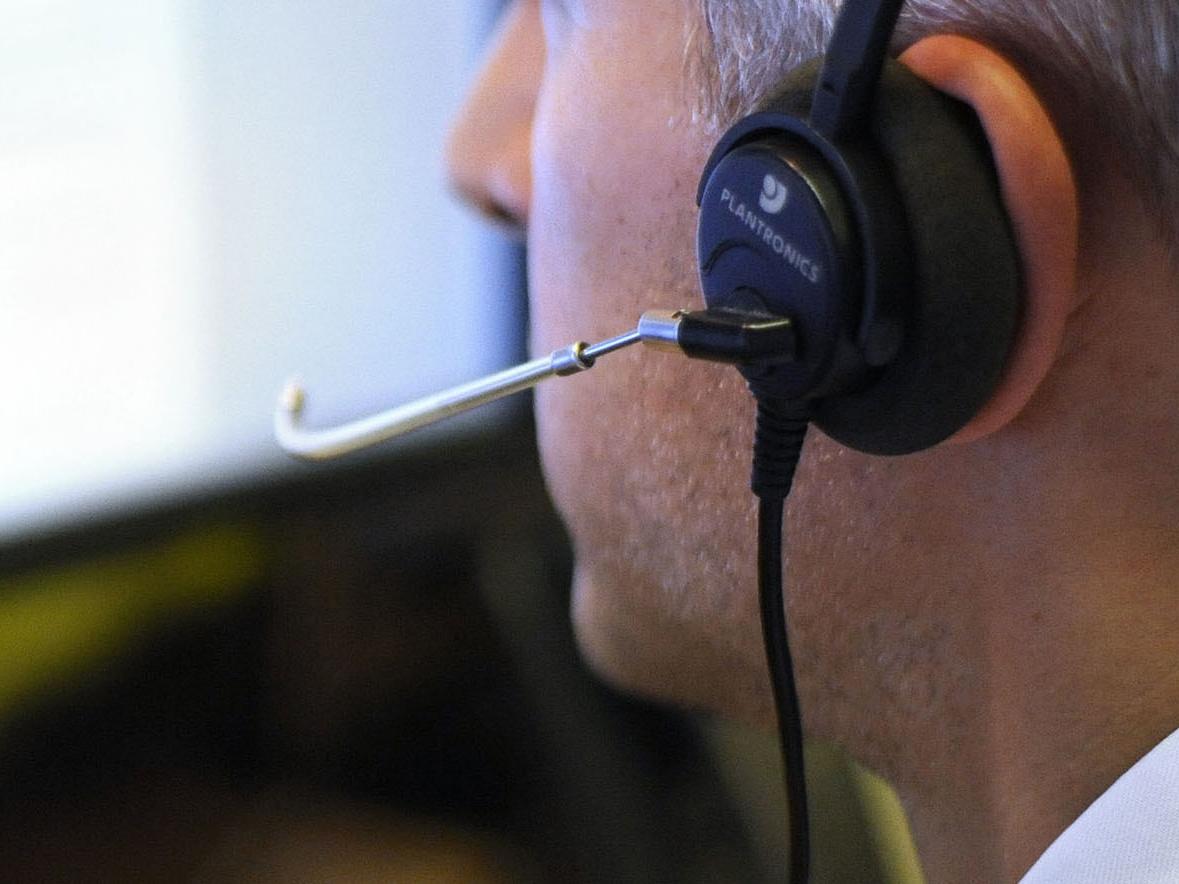Calls to terror tip-off hotline surge 600 per cent after wave of UK attacks
Members of the public have passed on information leading to thousands of potential leads

Counter-terror agencies have registered a dramatic surge in tip-offs after Britain was hit by an unprecedented wave of attacks, new figures reveal.
Calls to a dedicated police hotline rocketed by more than 600 per cent in just six months as thousands of potential leads poured in.
Statistics obtained by a freedom of information request suggest the flurry of incidents this year, in which dozens of victims were killed or injured, prompted a spike in the volume of information passed to authorities by members of the public.
The confidential hotline was set-up so that people can pass on suspicions about possible terrorist activity.
Reports peaked in June, when the London Bridge and Finsbury Park attacks took place, with the service receiving 5,703 calls.
This compared to 748 in January and 764 in February, and a monthly average of around 1,800 from January to June.
The number of calls to the hotline rose to 2,449 in March, the month of the Westminster outrage, before dipping to 1,412 in April and then increasing to 4,191 in May, when the Manchester bombing occurred.
The data from the National Police Chief's Council show a sharp rise in contacts with the hotline in the last two years.
It received 22,729 calls in the year to the end of June 2016 - almost double the tally of 11,892 in the previous 12 months. The service took 21,596 calls from July 2016 to June 2017.
Hannah Stuart, co-head of the security and extremism unit at think tank Policy Exchange, said it was not surprising that rises in the number of calls correspond to recent terrorist attacks.
She added: "Community-based intelligence is vital in tackling terrorism and in some cases has successfully prevented imminent attacks.
"Unprecedented numbers of individuals of concern to the security services in the UK right now means the task of identifying serious leads is a real challenge.
"In light of the recent attacks, risk assessment procedures are currently under review - and this will no doubt include the handling of calls to the anti-terrorism hotline to make sure that information reaches the right people when necessary."
Police welcomed the rise in calls.
Detective Chief Superintendent Clarke Jarrett, of the Metropolitan Police Counter Terrorism Command, said: "We need the public's assistance to help keep us all safe from terrorism so it really is encouraging that more calls are being made to the confidential hotline.
"Every report we receive about suspicious activity is potentially crucial information that could help keep communities safer."
The anti-terrorist hotline can be contacted to report suspicious activity or behaviour which the caller believes may be related to terrorist activity.
It is staffed around the clock by specially-trained personnel, with additional resources available if there are spikes in calls.
All information is assessed and analysed before a decision is made on what action, if any, is taken.
It is not known what proportion of calls are acted upon or lead to investigations being launched, but police urge communities to report anything suspicious and let them decide if it is important.
Officers say information from members of the public has contributed to stopping attacks and assisted in a third of the most high-risk investigations.
Earlier this year it emerged Khuram Butt, 27, the ringleader of the London Bridge terror gang, had been reported to the hotline and investigated in 2015, but officers found no evidence of attack planning.
Security chiefs have emphasised the importance of input from communities as police and MI5 confront the unprecedented threat.
Counter-terror agencies are running 500 live investigations involving around 3,000 individuals at any time, while there are also 20,000 former "subjects of interest" who have to be kept under review.
Since the middle of 2013, authorities have thwarted 19 plots - including six since the Westminster attack.
The jump in calls to the hotline chimes with figures published earlier this month showing that referrals from the public to the Government's Prevent anti-extremism scheme have doubled.
PA.
